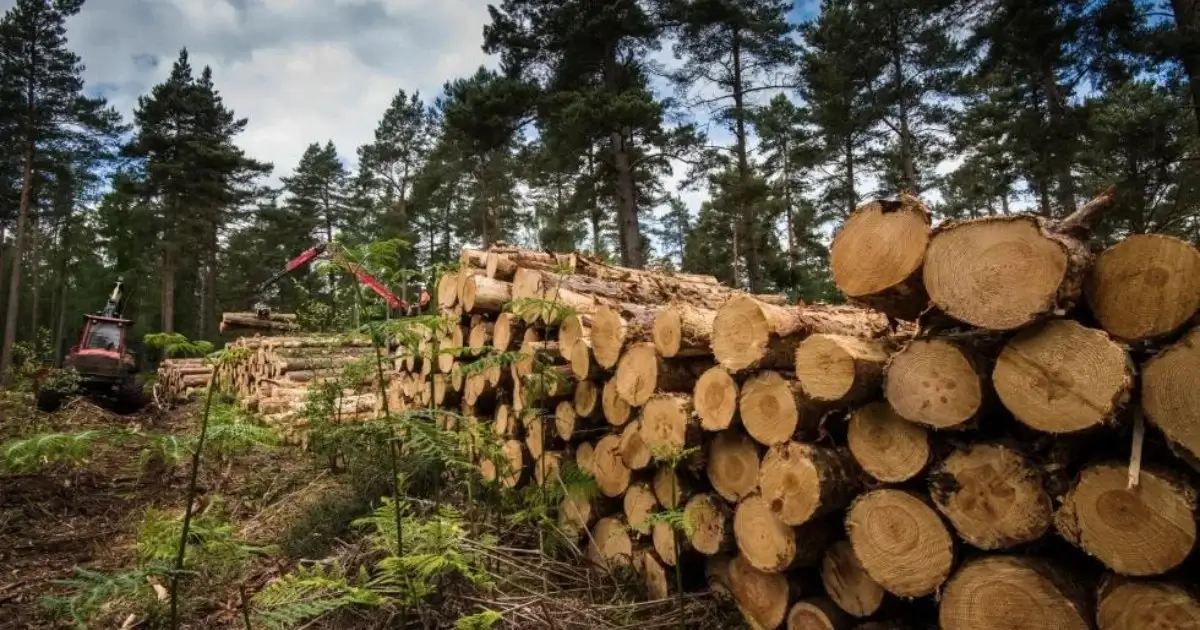The global demand for wood and paper products has surged in recent decades, leading to concerns about deforestation and its environmental impacts. In response, organizations like the Forest Stewardship Council (FSC) have emerged to promote sustainable forestry practices. This article aims to delve into the FSC, exploring its history, principles, certification process, and its role in fostering a more sustainable approach to forest management.
Principles of the FSC
The FSC operates based on ten principles and criteria that encompass a range of environmental, social, and economic considerations. These principles include:
- Compliance with laws and international agreements
- Tenure and use rights and responsibilities
- Indigenous peoples’ rights
- Community relations and workers’ rights
- Benefits from the forest
- Environmental impact
- Management plan
- Monitoring and assessment
- Maintenance of high conservation value forests
- Plantations
Advantages of FSC
The Forest Stewardship Council (FSC) offers numerous advantages that promote sustainable forestry practices and contribute to global conservation efforts.
Firstly, FSC certification ensures that forests are managed responsibly, minimizing environmental degradation and conserving biodiversity. This commitment to sustainability not only protects ecosystems but also safeguards essential ecosystem services such as clean water, carbon sequestration, and habitat preservation.
Secondly, FSC certification prioritizes social responsibility by respecting the rights of indigenous peoples and local communities. Through stakeholder engagement and consultation, the FSC empowers these groups, fostering social equity and supporting community development initiatives.
Thirdly, FSC certification provides economic benefits by opening access to markets that prioritize sustainability. Certified products carry the FSC label, offering consumers a trusted assurance of responsible sourcing. This certification enhances market opportunities, increases product value, and drives demand for sustainable forest products.
In summary, FSC certification offers a holistic approach to forest management that balances environmental, social, and economic considerations. By choosing FSC-certified products, individuals and businesses can support sustainable forestry practices, promote community well-being, and contribute to the conservation of forests worldwide.
Challenges and Criticisms
Despite its successes, the FSC faces several challenges and criticisms. Some argue that the certification process is too complex and costly, particularly for small-scale forest owners. Others raise concerns about the effectiveness of monitoring and enforcement, as well as the potential for greenwashing—where companies use FSC certification to mask unsustainable practices. Additionally, conflicts between indigenous peoples and forest industries continue to pose challenges to the FSC’s implementation in certain regions.
The Future of the FSC
Looking ahead, the FSC continues to play a vital role in promoting sustainable forestry practices worldwide. As the demand for responsibly sourced products grows, the FSC must adapt and innovate to address emerging issues such as climate change, illegal logging, and biodiversity loss. Collaboration with governments, businesses, and civil society will be crucial in achieving the FSC’s vision of environmentally appropriate, socially beneficial, and economically viable forest management.
Conclusion
In the fight for conservation and sustainable forestry, the Forest Stewardship Council (FSC) is a ray of hope. The Forest Stewardship Council has made great progress in promoting responsible forest management globally through its principles, accreditation process, and dedication to stakeholder involvement. Despite continuous challenges, the FSC continues to promote constructive change and show that sustainable development and economic growth can coexist. Let’s keep up our support for the FSC’s purpose and strive toward a time when forests, communities, and biodiversity all flourish.


